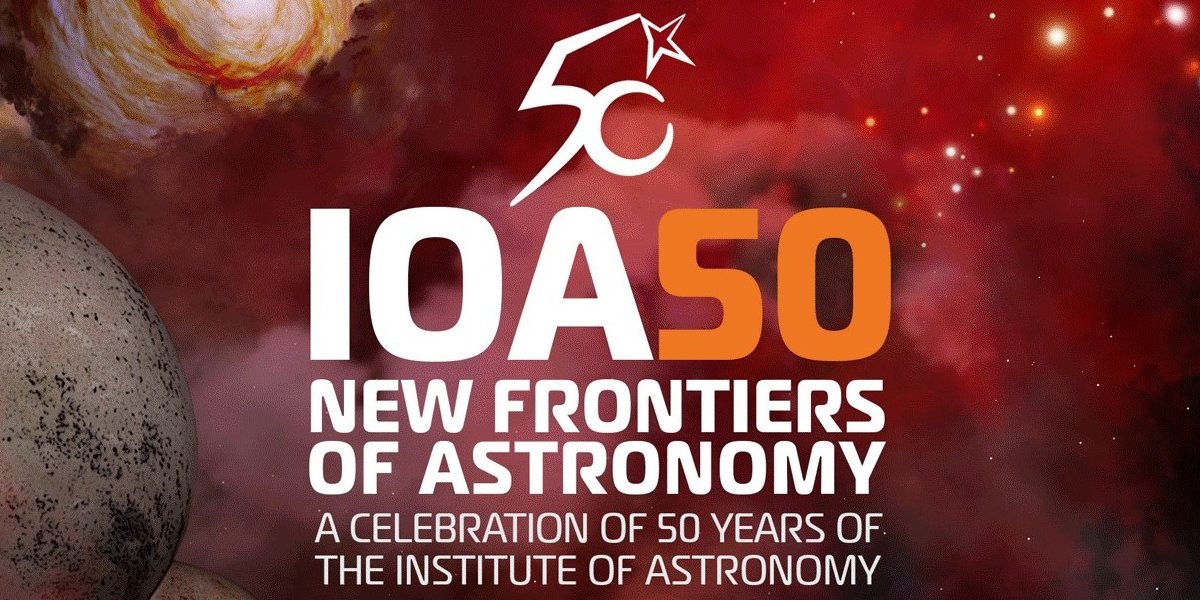IoA50: New Frontiers of Astronomy Public Talks
IoA50: New Frontiers of Astronomy Public Talks
All talks will be streamed via YouTube. Please visit the Institute of Astronomy YouTube Channel if tickets are sold out, or you cannot attend in-person.
On Monday 22 July at 7pm, Professor Vasily Belokurov, Professor Hiranya Peiris and Professor Nikku Madhusudhan will discuss "Life, the Universe, and Everything: the next 50 years of astronomy”. Babbage Lecture Theatre, New Museums Site, Cambridge.
On Tuesday 23 July at 7pm, Professor Gerry Gilmore and Dr Gudrun Tausch-Pebody will give a talk entitled 'Two and a Half Centuries of Astronomy and Astrophysics in Cambridge'. Hoyle Lecture Theatre, Institute of Astronomy, Cambridge.
On Wednesday 24 July at 7pm, Professor Dame Jocelyn Bell Burnell will give a talk entitled "You are made of star stuff". Babbage Lecture Theatre, New Museums Site, Cambridge.
Speakers
Professor Vasily Belokurov (Institute of Astronomy, University of Cambridge)
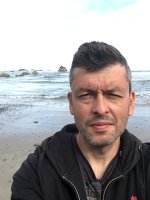
Vasily Belokurov is Professor of Astronomy at the Institute of Astronomy, University of Cambridge. He graduated from Moscow State University, Relativistic Astrophysics Department, Sternberg Astronomical Institute, and did his DPhil at the University of Oxford, in the group of Professor Wyn Evans.
Professor Dame Jocelyn Bell Burnell
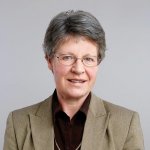
During her PhD at the University of Cambridge, Professor Burnell was involved in the discovery of pulsars, opening up a new branch of astrophysics - work that was recognised by the award of a Nobel Prize to her supervisor. While working part-time to raise a family she managed the James Clerk Maxwell Telescope in Hawaii as a facility for astronomers in British, Canadian and Dutch universities. She has used telescopes flown on high-altitude balloons, launched on rockets and carried on satellites, and built a radio telescope that was firmly grounded in Cambridgeshire. Jocelyn has been awarded the Oppenheimer prize, the Michelson medal, the Tinsley prize and the Magellanic Premium. The UK’s Royal Astronomical Society has also presented her with the Herschel Medal. The public appreciation and understanding of science have always been important to her. In 1999 she toured Australia giving the Women in Physics Lecture and her appointment to the Open University doubled the number of female professors of physics in the UK. Jocelyn ‘retired’ as Dean of Science at the University of Bath in 2004 and moved to a Visiting Professorship at the University of Oxford and a Professorial Fellowship at Mansfield College.
Professor Gerry Gilmore (Institute of Astronomy, University of Cambridge)
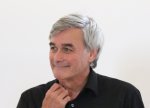
Professor Gerard Gilmore is Professor of Experimental Philosophy, in the Institute of Astronomy, at the University of Cambridge. His research has centred on studying stars in the Galaxy to understand its structure and evolutionary history. Watch Prof Gilmore's 'Larmor Lecture'.
Professor Nikku Madhusudhan
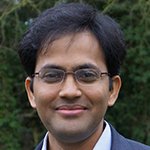
Professor Nikku Madhusudhan is Professor of Astrophysics and Exoplanetary Science at the Institute of Astronomy, University of Cambridge. His research interests include understanding the atmospheres, interiors, formation conditions and habitability of exoplanets (planets that orbit other stars). Nikku is widely known for pioneering the inverse techniques used to measure the atmospheric properties of exoplanets, seen using a wide array of observational facilities in space and on Earth. He has received various awards for his work in exoplanetary science, including the 2019 MERAC Prize in Theoretical Astrophysics from the European Astronomical Society, and the 2019 Pilkington Prize for excellence in teaching at the University of Cambridge.
Dr Gudrun Tausch-Pebody (Institute of Astronomy, University of Cambridge)
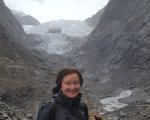
Gudrun joined the Institute of Astronomy in 2012, managing a succession of large international consortia-led projects centring on research infrastructures, instrumentation, trans-national access, and developing strategic advice to the EC to support EC planning. She advises members of the IoA and of the international community on EC funding strategies, proposal writing and contractual matters, and collaborates with astronomers on the history and philosophy of science, e.g. The 1919 eclipse results that verified general relativity and their later detractors: a story re-told | Notes and Records: the Royal Society Journal of the History of Science (royalsocietypublishing.org)
Professor Hiranya Peiris (Institute of Astronomy, University of Cambridge)
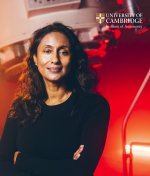
Hiranya Peiris holds the Professorship of Astrophysics (1909) at the Institute of Astronomy, University of Cambridge.
After obtaining her undergraduate degree at Cambridge, Professor Peiris completed her PhD at Princeton. She was a Hubble Fellow at Chicago before returning to Cambridge as a STFC Halliday Fellow. She was then appointed to a lectureship (2009) and Professorship (2015) at UCL. She was Director of the Oskar Klein Centre in Stockholm (2016-2022) and Director of the UCL Cosmoparticle Initiative (2016-2023).
Professor Peiris conducts interdisciplinary research based on extracting fundamental physics from cosmological data. She has led analyses of cosmological survey data from multiple major international facilities, as well as making major contributions to theoretical cosmology and statistical astronomy.
Her work has been recognised by awards such as the IOP Fred Hoyle Medal and Prize (2018), the Max Born Prize of the German Physical Society and the IOP (2021), and the Eddington Medal of the Royal Astronomical Society (2021). Her contributions to survey cosmology have been recognised through a share of the Gruber Cosmology Prize (2012) and the Breakthrough Prize in Fundamental Physics (2018), both awarded to the WMAP Science Team. She was elected a member of the Royal Swedish Academy of Sciences in 2022.
